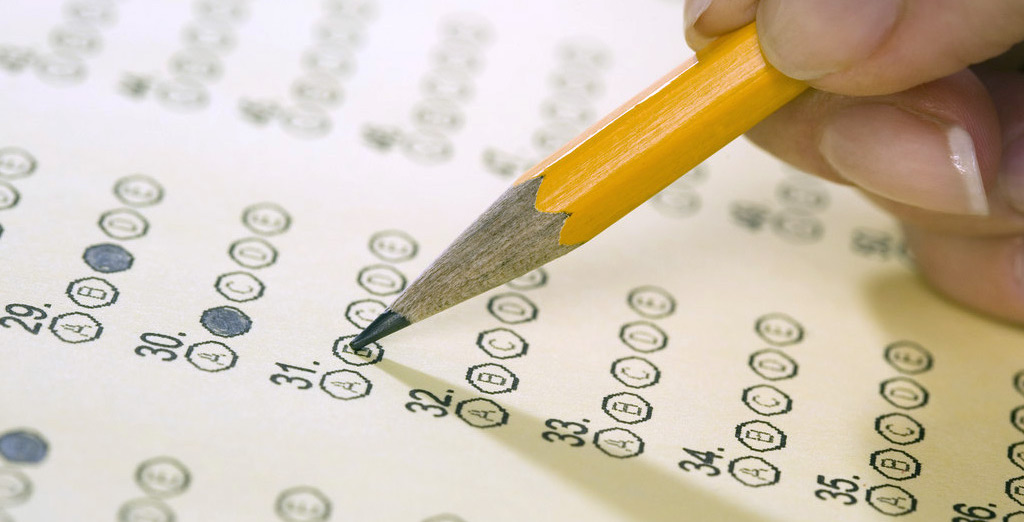I had a teacher who looked like me
It is imperative that my students feel like they matter, and that they are accurately represented in their classrooms. I want them to see someone who looks like them, shares similar experiences and provides authentic anecdotes to overcome the challenges they experience.




























































































































































